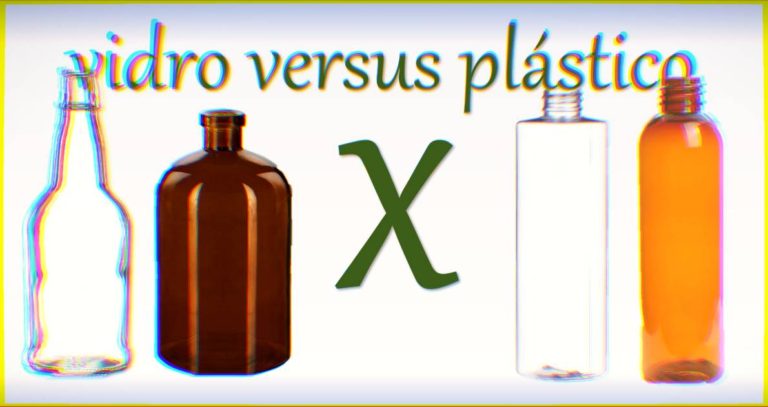A selective collection is an essential practice for efficient waste management in any community, and this includes condominiums. Implementing a waste management program selective collection in a condominium may seem like a challenge, but with planning and commitment, it is possible to create a system that benefits both the environment and the community. In this post, we will explore the main issues on how to implement selective collection in your condominium, addressing financial, operational and logistical aspects.

How much will the condominium spend on recycling?
One of the first questions that arises when considering implementing a program selective collection is the cost involved. The good news is that the initial cost can be relatively low.
Basic Costs:
- Waste Containers: The main initial investment is in the acquisition of appropriate containers for separating waste. These containers must be identified to facilitate the correct separation of recyclable materials.
- Consultancy: To ensure that the program is implemented effectively, it may be necessary to hire a specialized consultant. This professional can help structure the process of collect selectively and optimize logistics, although this may represent an additional cost.
- Revenue Generation: In large condominiums, it is possible to generate revenue by selling recyclable materials to specialized companies. However, it is important not to rely exclusively on this revenue, as economic viability can vary depending on several factors, such as the quantity and type of recyclable material.
Will the Trustee Have Additional Work?
The implementation of the selective collection requires significant upfront effort, but it is important to understand the nature of this work.
Tasks of the Trustee:
- Initial Coordination: The property manager will need to coordinate the logistics of delivering recyclables to collectors, cooperatives or recyclers. This step may be the most laborious initially.
- Monitoring: After implementation, the property manager must monitor the program's operation and ensure that procedures are being followed correctly. This task can be delegated to the caretaker or a committee of condominium owners.
- People Management: Managing changes in condominium residents’ behavior so that they get used to the new waste separation routine is a crucial part of the job.
Will Employees Have More Work?
Although the implementation of the selective collection may seem like it will overburden employees, in practice the additional work can be minimal if the system is well structured.
Employee Work:
- Transport of Recyclables: With the collect done correctly by the condominium owners and a well-scheduled delivery, employees will only need to transport the materials from the containers to the storage location.
- Maintenance: Maintenance of the system selective collection usually involves only managing containers and organizing storage space.
Why Is It Essential That Packaging Is Clean?
Keeping packaging clean is crucial to the success of the selective collection and to ensure that recyclable material is processed properly.
Importance of Cleaning:
- Prevents Bad Odor and Infestation: Clean packaging prevents bad odors and the presence of insects and rodents in containers and in the storage area.
- Facilitates the Recycling Process: Food and beverage waste can hinder the industrial recycling process, making cleaning an essential step to ensure the quality of the recyclable material.
- Waste Is Not Trash: Considering recyclable waste as raw material and not as garbage helps to emphasize the importance of its correct management and storage.
Which Materials Are Recyclable? Which Are Not?
Identifying which materials are recyclable and which are not is essential for a selective collection efficient.
Recyclable Materials:
- Papers and Cardboards: Newspapers, magazines, cardboard boxes and other clean paper are recyclable.
- Glass: Glass bottles and jars, as long as they are clean, can be recycled.
- Plastics: Many types of plastics are recyclable, but it is important to check local numbering and guidelines.
- Metals: Aluminum and steel cans are recyclable and generally have a good market value.
Non-Recyclable Materials:
- Organic Waste: Food scraps and other organic waste are not recyclable and must be composted or disposed of separately.
- Contaminated Materials: Materials contaminated with chemicals or hazardous waste should not be recycled.
It is important to select a partner collect and recycling that can adequately process the materials that the condominium separates to prevent some of them from going to landfills or dumps.
What is the Difference Between Selective Collection and Recycling?
It is essential to understand the difference between selective collection and recycling to implement an effective system.
Selective Collection:
- Definition: It is the initial stage of the recycling process, which involves separating recyclable materials from non-recyclable materials before their collection.
- Objective: Facilitate waste management and ensure that recyclable materials are properly prepared for the next stage of the process.
Recycling:
- Definition: It is the process of transforming collected recyclable materials into new products or raw materials.
- Objective: Reduce the need for new raw materials and decrease the environmental impact of waste.
A selective collection It is just one part of the recycling cycle, but it is essential to ensure that materials are processed efficiently and sustainably.
Implement the selective collection in a condominium is an important step towards sustainable waste management. Understanding the costs involved, the responsibilities of the condominium manager and employees, and the importance of keeping packaging clean are fundamental aspects for the success of the program. Identifying which materials are recyclable and understanding the difference between selective collection and recycling are also essential to ensure the system works effectively. With planning and community engagement, your condominium can become an example of sustainability and environmental responsibility.
Share this guide and help promote the importance of selective collection in condominiums and in your community!
Check out other interesting facts about recycling clicking here.
Learn how to make art by recycling, Click here.



